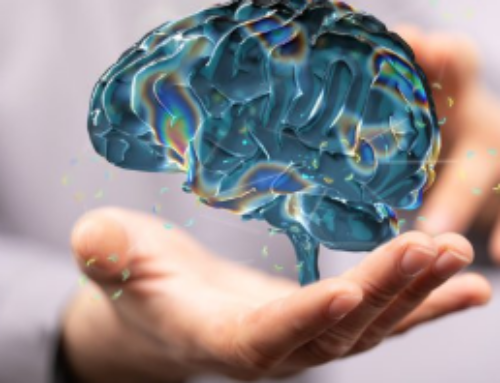Addiction recovery is often challenging, marked by physical and mental hurdles. While traditional treatments are crucial, exercise is another powerful tool frequently overlooked. Just as we need to nourish our bodies with healthy food, regular physical activity plays a vital role in maintaining mental and emotional wellbeing, especially for those in recovery.
Why Exercise is Crucial in Addiction Recovery
Exercise isn’t merely about physical fitness; it’s a holistic approach to wellbeing that complements traditional treatment therapies. Regular exercise in recovery provides:
- Neurochemical Boost: Exercise triggers the release of endorphins, dopamine, and serotonin—neurotransmitters that elevate mood, reduce stress, and combat cravings. This natural high can be a powerful ally in recovery, replacing the artificial highs sought through substances.
- Stress Reduction: Stress is a common trigger for relapse. Exercise is a natural stress reliever, providing an outlet for pent-up emotions and promoting relaxation.
- Routine and Structure: Regular exercise establishes a healthy routine, filling the void often left by addiction and providing a sense of purpose and accomplishment.
- Self-Esteem: Achieving fitness goals and witnessing physical improvements can significantly boost self-esteem and confidence, which is essential for long-term recovery.
- Community and Support: Group exercise classes or team sports create opportunities for social interaction and connection, fostering a sense of belonging and support.
Exercise Misconceptions in Addiction Recovery
There are several misconceptions about exercise in recovery:
- “I’m not an athlete, so exercise isn’t for me”: Exercise doesn’t have to be intense. Walking, yoga, or even gardening can provide substantial benefits.
- “I’m too tired or stressed to exercise”: Exercise can increase energy levels and reduce stress in the long run.
- “I don’t have time to exercise”: Even short bursts of activity throughout the day can make a difference.
How to Incorporate Exercise into Addiction Recovery
Here are some practical tips to get started:
- Consult Your Doctor: Before starting any new exercise routine, talk to your doctor to ensure it’s safe and suitable.
- Start Slowly and Gradually: Begin with low-impact activities like walking or swimming and gradually increase intensity as you get stronger.
- Find Activities You Enjoy: Experiment with different exercises until you find something you genuinely enjoy. This will make it easier to stick with it.
- Set Realistic Goals: Don’t try to do too much too soon. Set achievable goals and celebrate your progress.
- Find a Workout Buddy: Exercising with a friend or joining a group can provide motivation and accountability.
- Make it a Habit: Schedule exercise into your day and treat it like any other necessary appointment.
- Don’t Give Up: It takes time to see results. Be patient and persistent, and remember that even small amounts of exercise can make a big difference.
Let Exercise Be Your Boost in Addiction Recovery
The journey to recovery isn’t a sprint. Just as you wouldn’t expect to run a marathon without proper training, you can’t expect to overcome addiction without taking care of your physical and mental health. Exercise is an investment in yourself, and the benefits are worth the effort.
Incorporating regular exercise into your recovery journey can be a game-changer. It’s not a replacement for traditional treatment but rather a powerful complement that addresses both physical and mental aspects of wellbeing. By prioritizing exercise alongside other treatments, you’ll be better equipped to stay grounded, manage stress, and maintain long-term recovery.
If you or a loved one are struggling with addiction or co-occurring disorders, call the New England Recovery Center today at 1-877-MyRehab.










